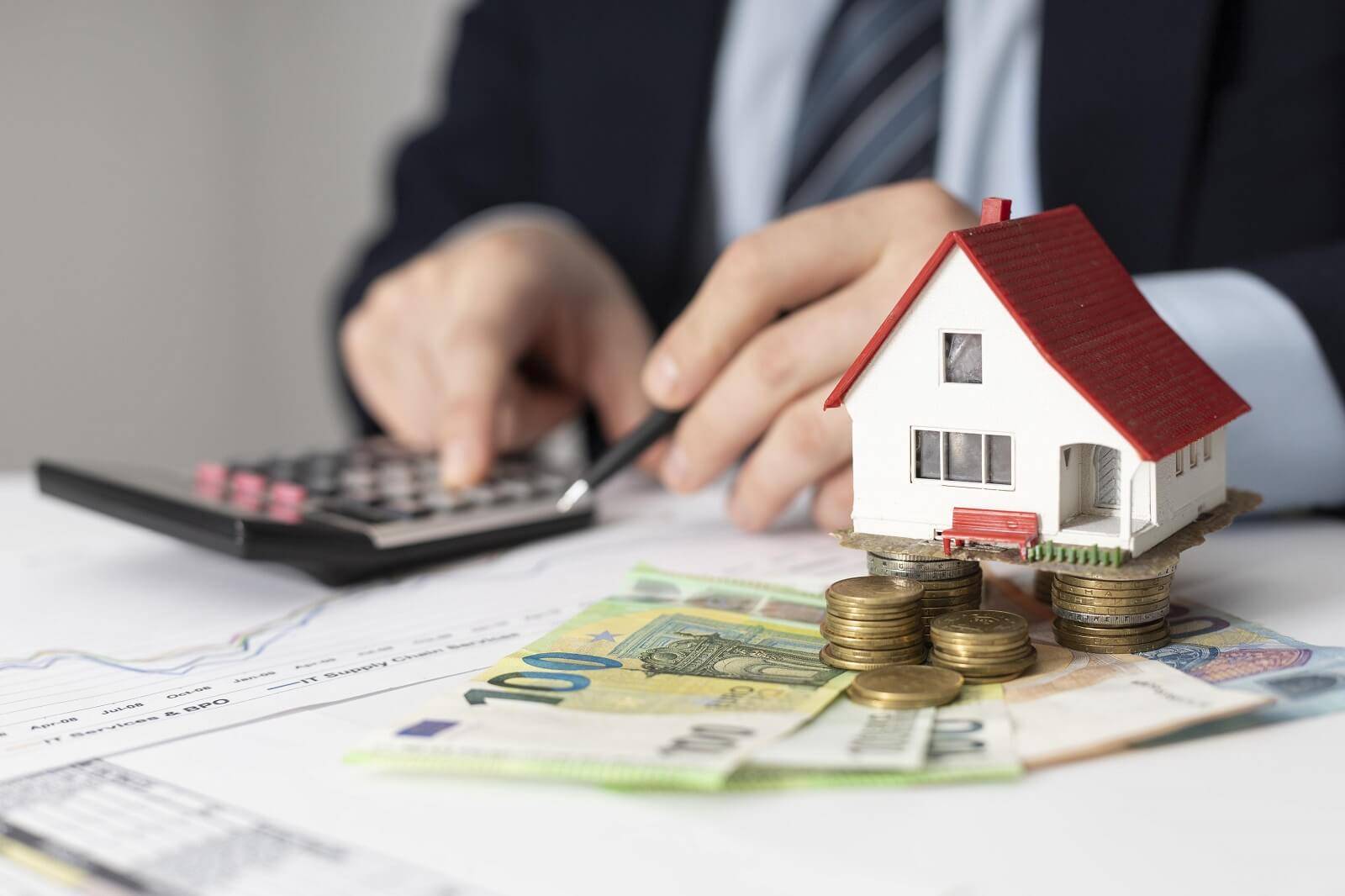When buying or selling a home, one of the most critical steps is determining its value. But property valuation isn’t just about guessing a number or blindly trusting what someone tells you—it’s a science, an art, and sometimes even a bit of negotiation magic.
In this blog, we’ll simplify the concept of property valuation, break down the factors that influence it, and help you navigate the process with confidence. By the end, you’ll not only understand what goes into valuing a home but also know how to ensure you’re getting (or paying) the right price.
What Is Property Valuation?
At its core, property valuation is the process of determining the fair market value of a property. This value represents the price a buyer is willing to pay, and a seller is willing to accept, in a competitive and open market.
But it’s not just about current market conditions—valuation takes into account various factors like location, property size, condition, amenities, and even future development in the area.
Why Is Property Valuation Important?
1. Buying or Selling a Home
Whether you’re a buyer or seller, knowing the accurate value of a property ensures you don’t overpay or undersell.
2. Securing a Loan
Banks and financial institutions require a property valuation before approving a mortgage or home loan. This helps them determine how much they can lend against the property.
3. Investment Decisions
If you’re buying a property as an investment, understanding its value (and future potential) is crucial to ensuring a good return on investment (ROI).
4. Legal and Tax Purposes
Valuation is often needed for calculating property taxes, stamp duty, or even resolving disputes.
Factors That Influence Property Valuation
1. Location, Location, Location
This age-old real estate mantra holds true. Properties in prime locations with proximity to schools, hospitals, public transport, and markets often have higher valuations. A home in a metro city like Mumbai, for instance, will command a much higher value than a similar property in a Tier-3 town.
2. Size and Layout
The size of the property—measured in terms of built-up or carpet area—plays a huge role in valuation. Additionally, functional layouts with no wasted space often fetch better prices.
3. Age and Condition
A brand-new home or one that’s well-maintained will typically have a higher value than an older property that requires significant renovations.
4. Amenities and Facilities
Properties in gated communities with amenities like security, parking, a swimming pool, or a gym often have higher valuations.
5. Market Trends
The overall demand and supply in the real estate market at a given time can also influence property value. For instance, during a real estate boom, valuations tend to rise across the board.
6. Future Development in the Area
Infrastructure projects like metro rail, highways, or upcoming commercial hubs can significantly boost property values in an area.
How Is Property Valuation Done?
Valuation isn’t a random guess—it’s a systematic process that involves various approaches. Here are the most common ones:
1. Sales Comparison Approach
This method compares the property with similar ones that have recently been sold in the area. It’s like checking what others in your neighborhood paid for a similar house and using that as a benchmark.
2. Cost Approach
Here, the value is calculated based on the cost of reconstructing the property from scratch, factoring in depreciation. This method is often used for new or unique properties.
3. Income Capitalization Approach
For properties that generate rental income, this method evaluates how much income the property can produce over time. It’s commonly used for commercial properties but can also apply to rental homes.
Common Myths About Property Valuation
Myth 1: The Quoted Price = Market Value
Reality: The asking price is what the seller hopes to get, but the actual market value may be different based on demand, buyer interest, and other factors.
Myth 2: Bigger Homes Always Have Higher Value
Reality: While size matters, other factors like location, amenities, and condition can outweigh mere square footage.
Myth 3: Online Valuation Tools Are 100% Accurate
Reality: While online tools provide a rough estimate, they may not account for local trends, property condition, or unique features.
Tips to Ensure Accurate Property Valuation
1. Hire a Professional Valuer
A certified property valuer can provide a detailed and unbiased report on the property’s value.
2. Compare, Compare, Compare
Research similar properties in the area to get a sense of the going rate.
3. Focus on Future Potential
Consider factors like upcoming infrastructure projects or development plans in the area.
4. Get a Second Opinion
If in doubt, seek opinions from multiple sources, including real estate agents, online tools, and valuers.
How The Basera Can Help
At The Basera, we understand how important accurate property valuation is for buyers, sellers, and investors alike. Our team of experts combines in-depth market knowledge with cutting-edge tools to provide reliable valuations tailored to your needs.
Whether you’re planning to buy your dream home or sell an existing property, we’re here to ensure you make informed decisions every step of the way.
Wrapping It Up
Property valuation isn’t just about numbers—it’s about understanding the story behind the property, the market, and the potential. By grasping the basics of valuation and relying on expert guidance, you can navigate the real estate market confidently and avoid costly mistakes.
Ready to know the true value of your property? Contact The Basera today for expert advice and personalized services.





